Home > Climate News >
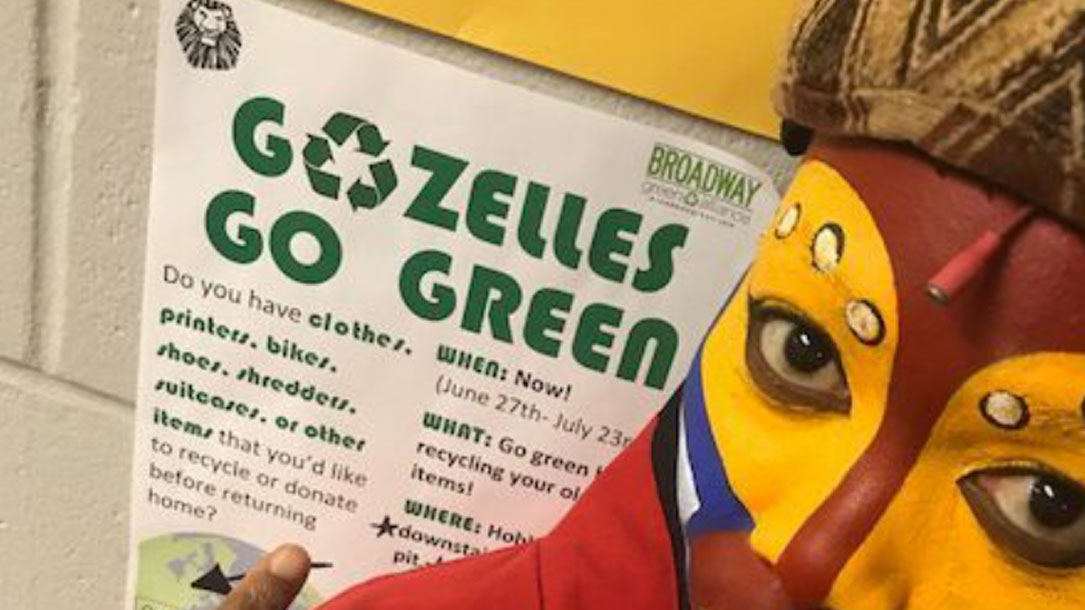
Theater projects help people reflect on their experiences of climate change
Since its inception, the Broadway Green Alliance‘s (BGA) mission has been to educate, motivate, and inspire the entire theatre community and its patrons to adopt environmentally-friendlier practices. This is a seemingly immense undertaking. But the BGA’s work is built on the recognition that environmental issues are caused by the cumulative effect of millions of small actions and that effective change comes from each of us doing a bit better every day.
We don’t aim to be fully “green,” but rather work to be “greener” than we were yesterday…
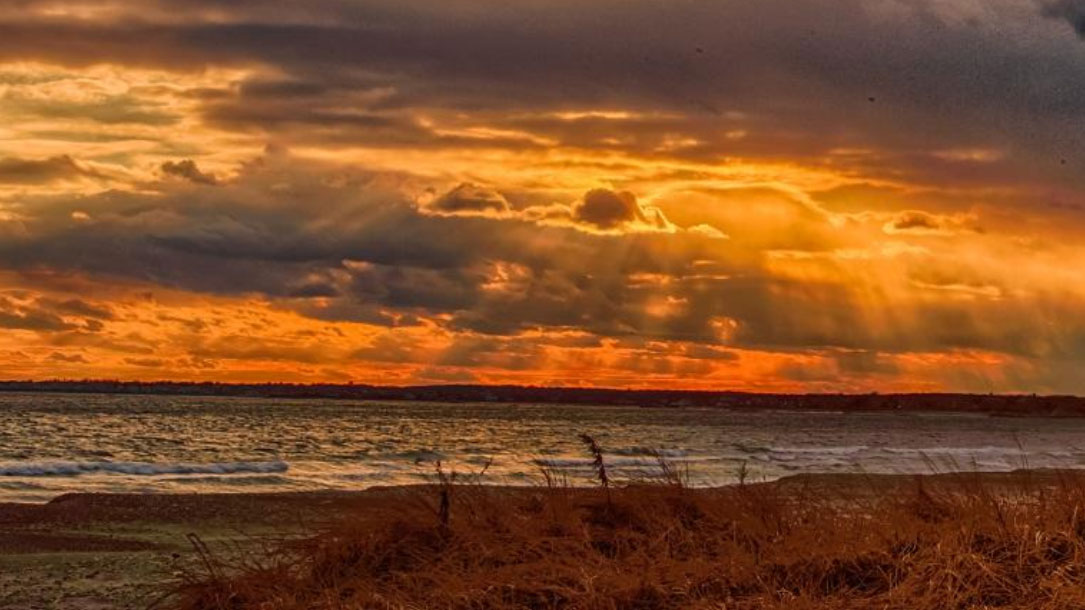
Mass Audubon & climate change
“Climate change requires us to boldly and urgently act to protect the wildlife and people we love. In response, Mass Audubon has committed to achieving a carbon neutral future in Massachusetts by 2050.
Carbon neutrality, or net zero emissions, means that we don’t emit any greenhouse gasses that we can’t soak back up out of the atmosphere. To do so entails protecting and conserving natural climate fighting tools, mitigating climate change by reducing and eliminating our greenhouse gas emissions, and amplifying nature’s resilience to climate impacts…”
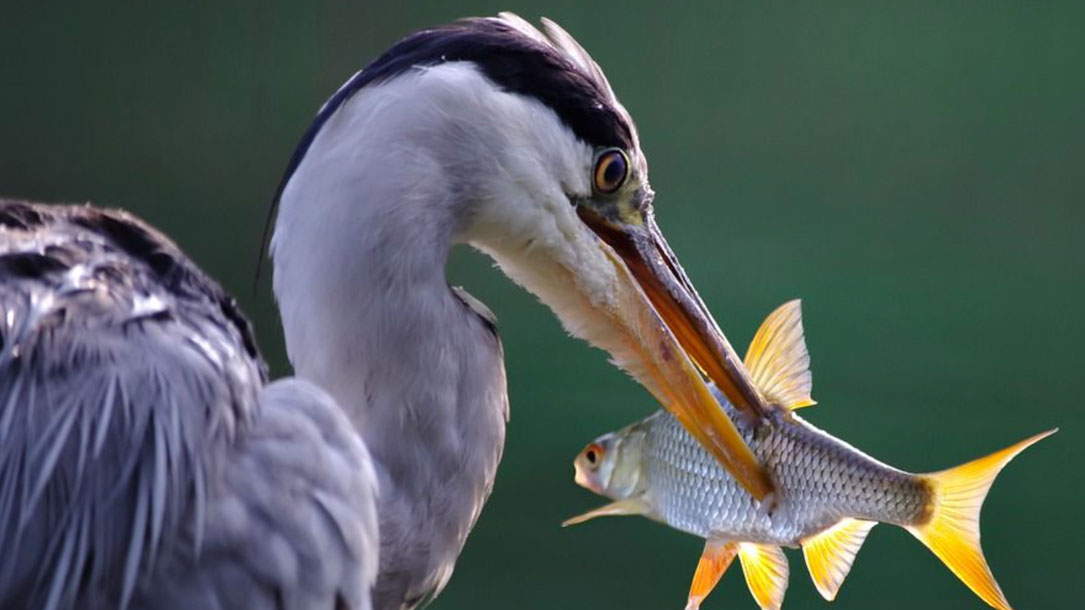
Leading by example
Mass Audubon is taking steps to reduce their carbon footprint, and they hope to inspire their members and visitors to do the same. They want to do their part to reduce their carbon emissions from fossil fuel consumption in order to help prevent the worst effects of climate change.
Since 2003, Mass Audubon has reduced its annual carbon emissions from its buildings and vehicles by almost 50 percent. In addition to explaining why they care (and why you should, too), they’ve made improvements in several key areas…
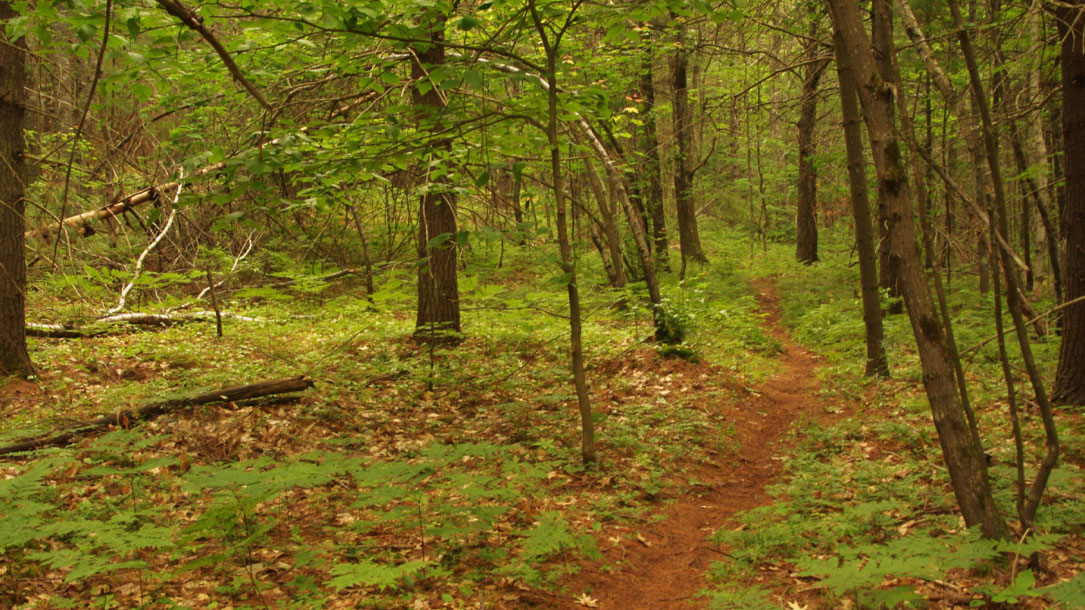
Interns present climate change solutions to the community
Jonah Raether is from Pittsburgh, Pennsylvania and is a graduate student at Clark University in Worcester, Massachusetts studying health science and community health. His research project studied the relation between environmental connection and its impact on human health.
“I knew that I did not just want to work on building trails,” said Raether. “I wanted to get to know the people living here—I came in with that goal.”
Through his research project, Raether created a booklet of interviews sharing the stories of local connections to nature…

How scientists are using selfies to challenge stereotypes
Science and scientists have been under siege. The scientific community is pushing back, by humanizing itself.
Perhaps unsurprisingly, the Scientist Selfies study found that participants considered scientists posting selfies to be warmer, more trustworthy, and no less competent than scientists posting science-only photos on Instagram…
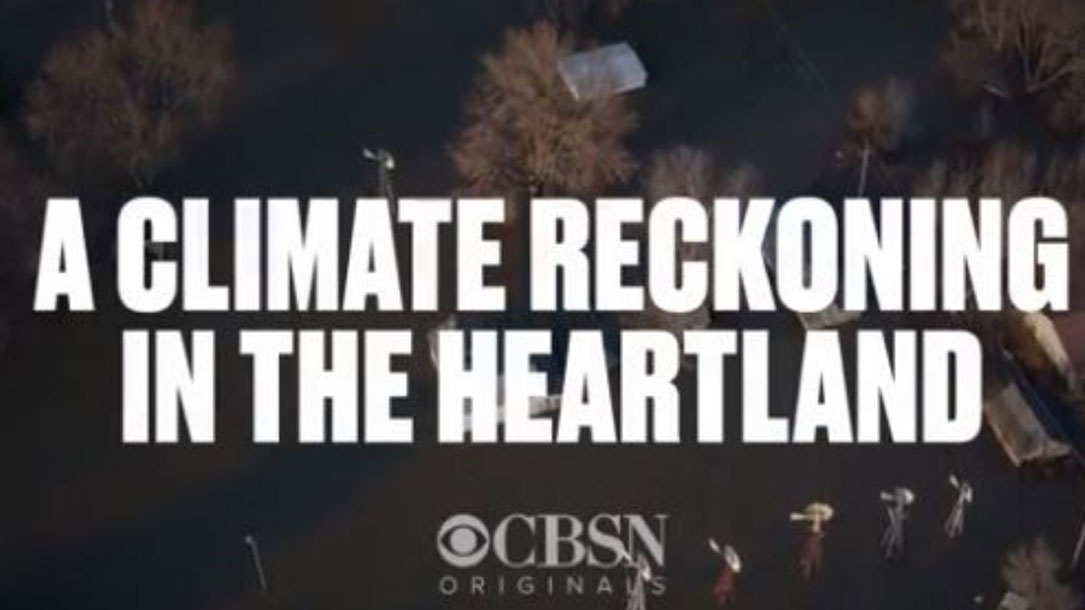
“I’m not a climate change guy, but…” Farmers reckon with new reality in the heartland: Video
The reality is that protecting land for future generations is now more at risk than ever before: families’ lives are at stake. We need to rethink what conservation will mean into the future.
In response to troubling weather patterns and climate changes, some farmers in Nebraska are considering new solutions to keep their businesses afloat. One of those farmers, Graham Christensen, travels the country discussing a green farming initiative called regenerative farming…
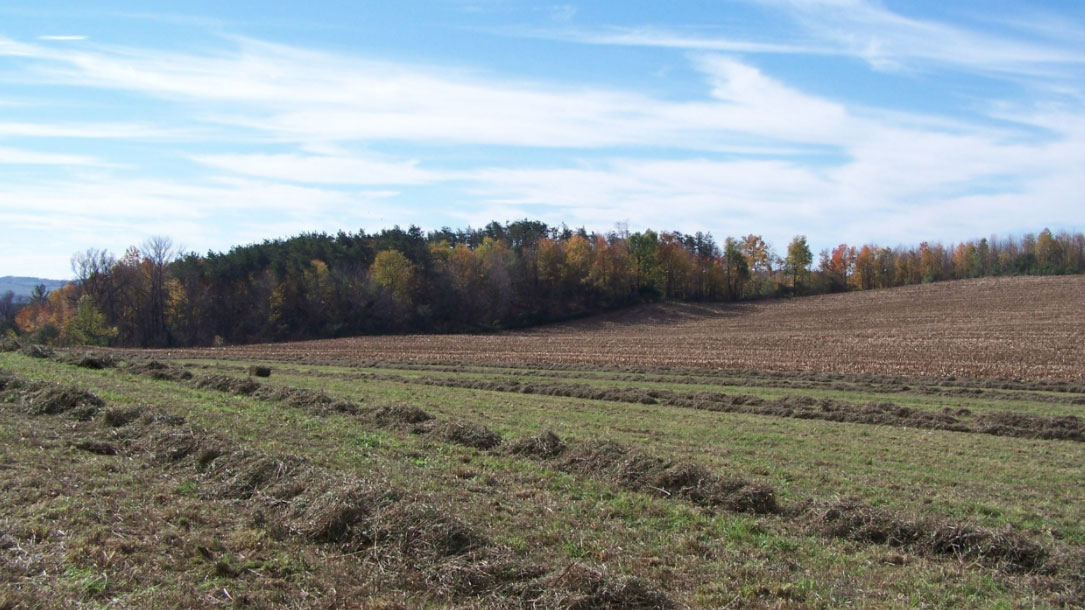
Two families lock in a deal to ensure their farmland never becomes home to a warehouse
After a warehouse popped up near their properties, two Union Township farmers recently took steps to make sure their land would never be put to the same use.
The Nye and Shuey families put conservation easements on their land deeds, which means the land will have to be used for agricultural purposes in the future, no matter how often it is sold.
“I hate to see these warehouses going up,” said Deb Shuey, who preserved more than 100 acres of her land. “I would like to see this land stay as farmland and not be developed…”
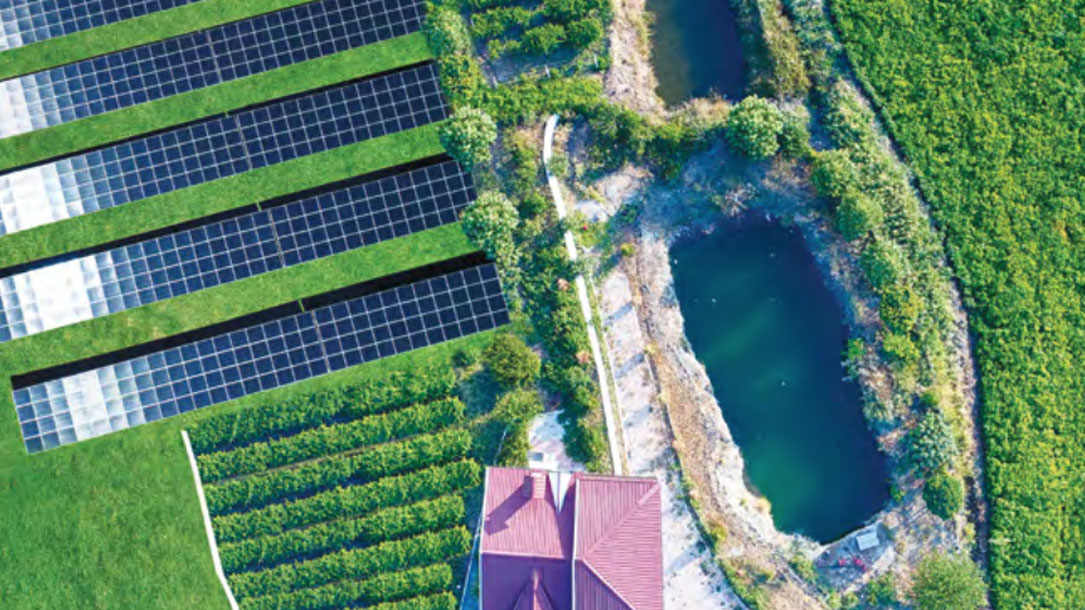
Report sheds light on role of land trusts in climate change
At first blush, putting “open space,” “land conservancies,” and “renewable energy” in the same sentence might seem awkward. But the role land trusts play in addressing climate change via renewables can’t be understated, according to a new report from the Land Trust Alliance (LTA): “Reshaping the Future: Renewable Energy and Land Trusts.”
In the 24-page report, researchers said that at this “critical juncture, land trusts can position themselves as both protectors of priority lands, waters, and habitat and as problem-solvers in helping meet renewable energy development needs. As entities that care deeply about the land, land trusts should also care about climate change and renewable energy…”
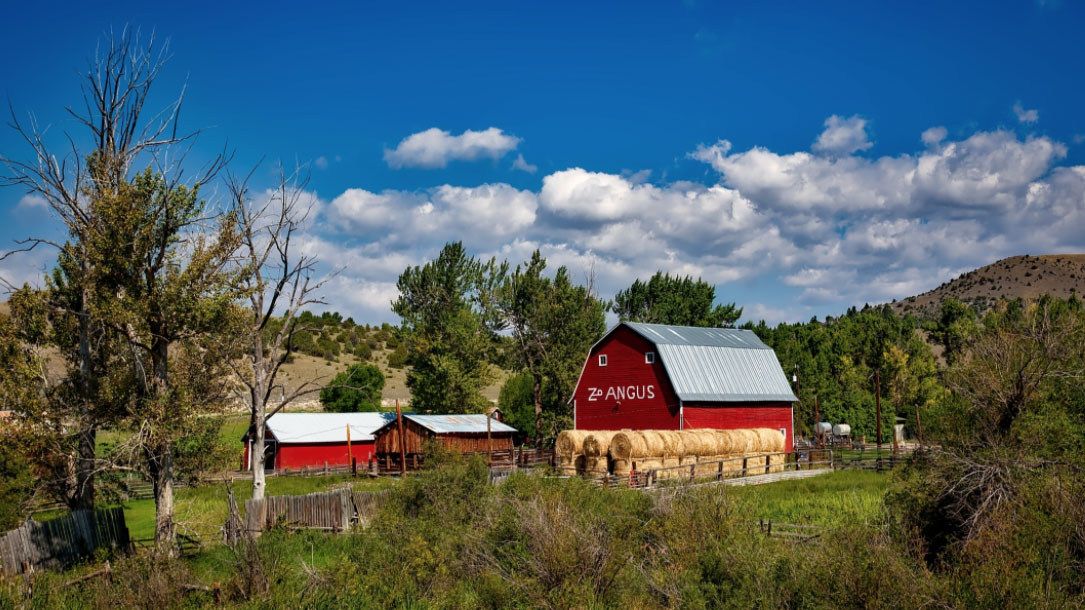
Montana Governor Steve Bullock becomes 25th governor to join U.S. Climate Alliance
‘Montana Governor Steve Bullock today issued an executive order to join the U.S. Climate Alliance. In his announcement, he stated, “Climate change is already impacting our way of life and our economy. How we choose to respond to the changes around us offers a pivotal opportunity to both safeguard our traditional strengths and diversify and grow new opportunities for our future. Like all difficult issues we tackle here in Montana, I know we can find a path forward by getting together, rolling up our sleeves, and focusing on the values we share in common.”’
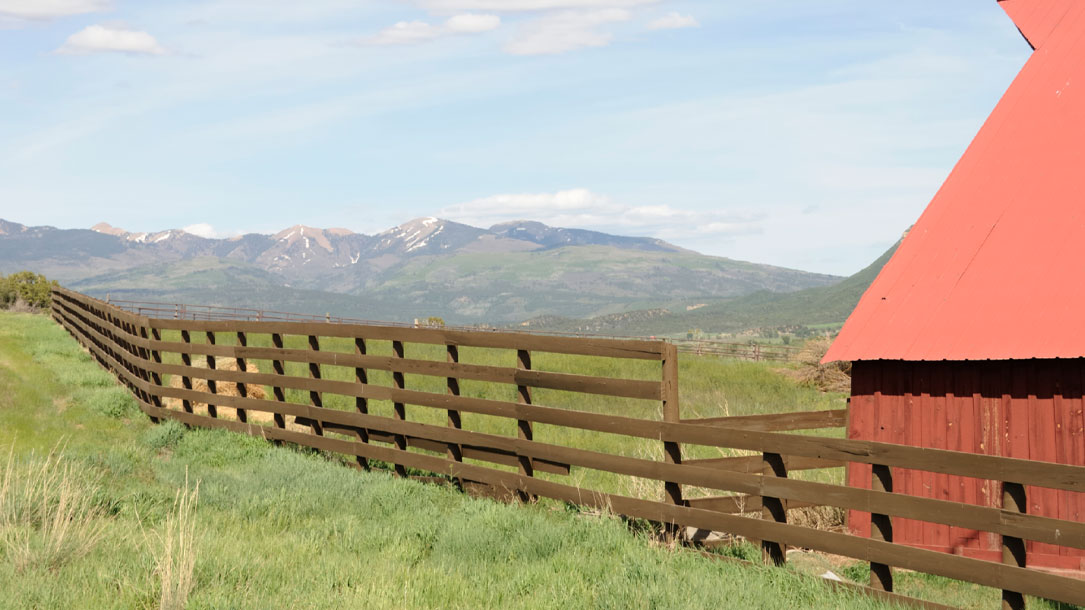
We’re halfway there; Montana joins U.S. Climate Alliance
Last week, Montana Governor Steve Bullock announced his commitment to join the US Climate Alliance (USCA), bringing the total to 25 states who have made the pledge since the Alliance was formed just two years ago.
With Montana’s addition, the USCA now represents 55% of the U.S. population, an $11.7 trillion economy, and 40% of U.S. greenhouse gas emissions…
American Farmland Trust proudly joined the USCA as an Impact Partner in June 2019. As an Impact Partner, AFT lends its technical expertise to help increase the volume of carbon stored in ecosystems; reduce losses of already-stored carbon; and decrease greenhouse gas emissions, specifically sharing policy guidance and implementation strategies for climate-smart practices on croplands and rangelands.












